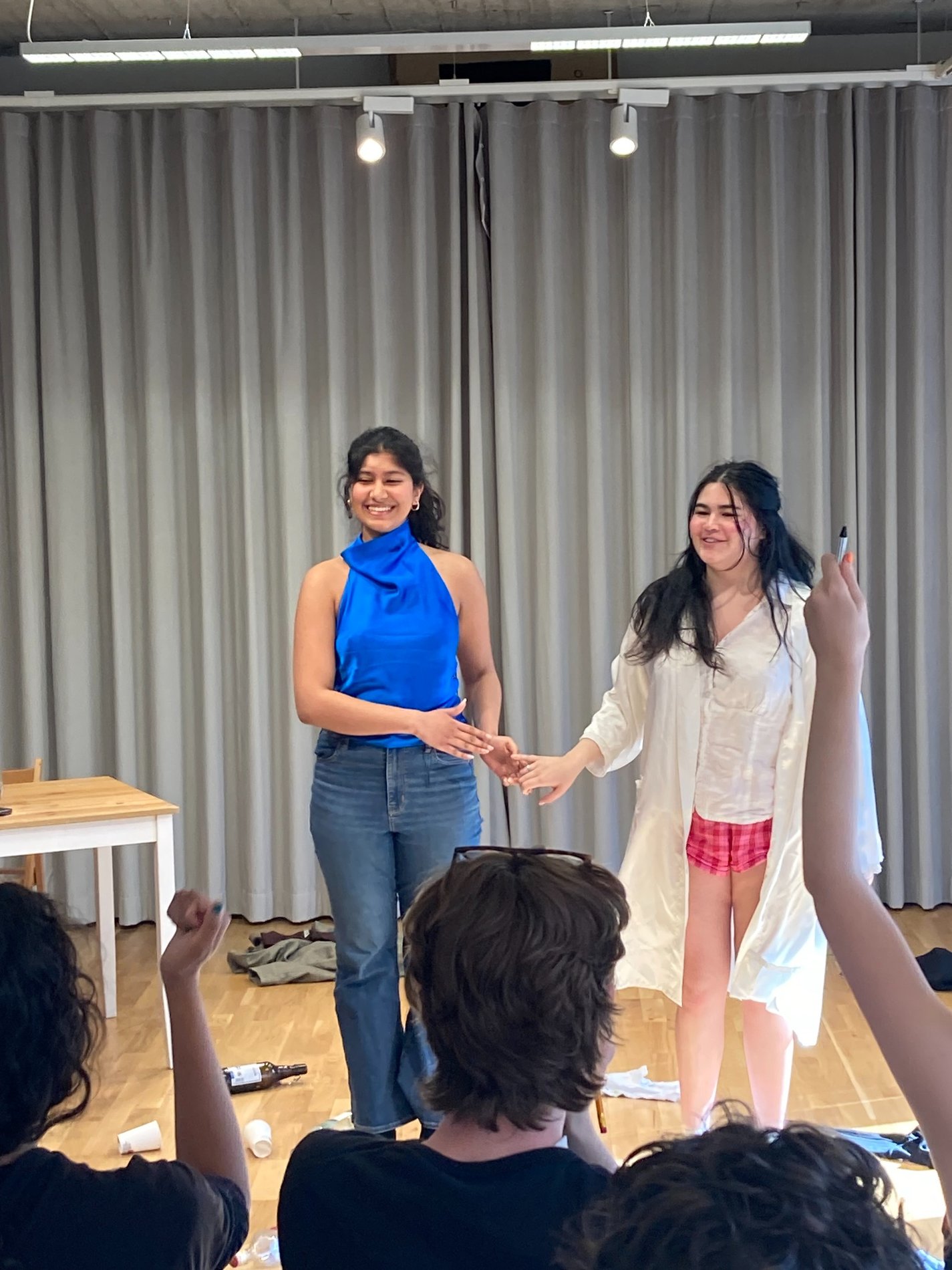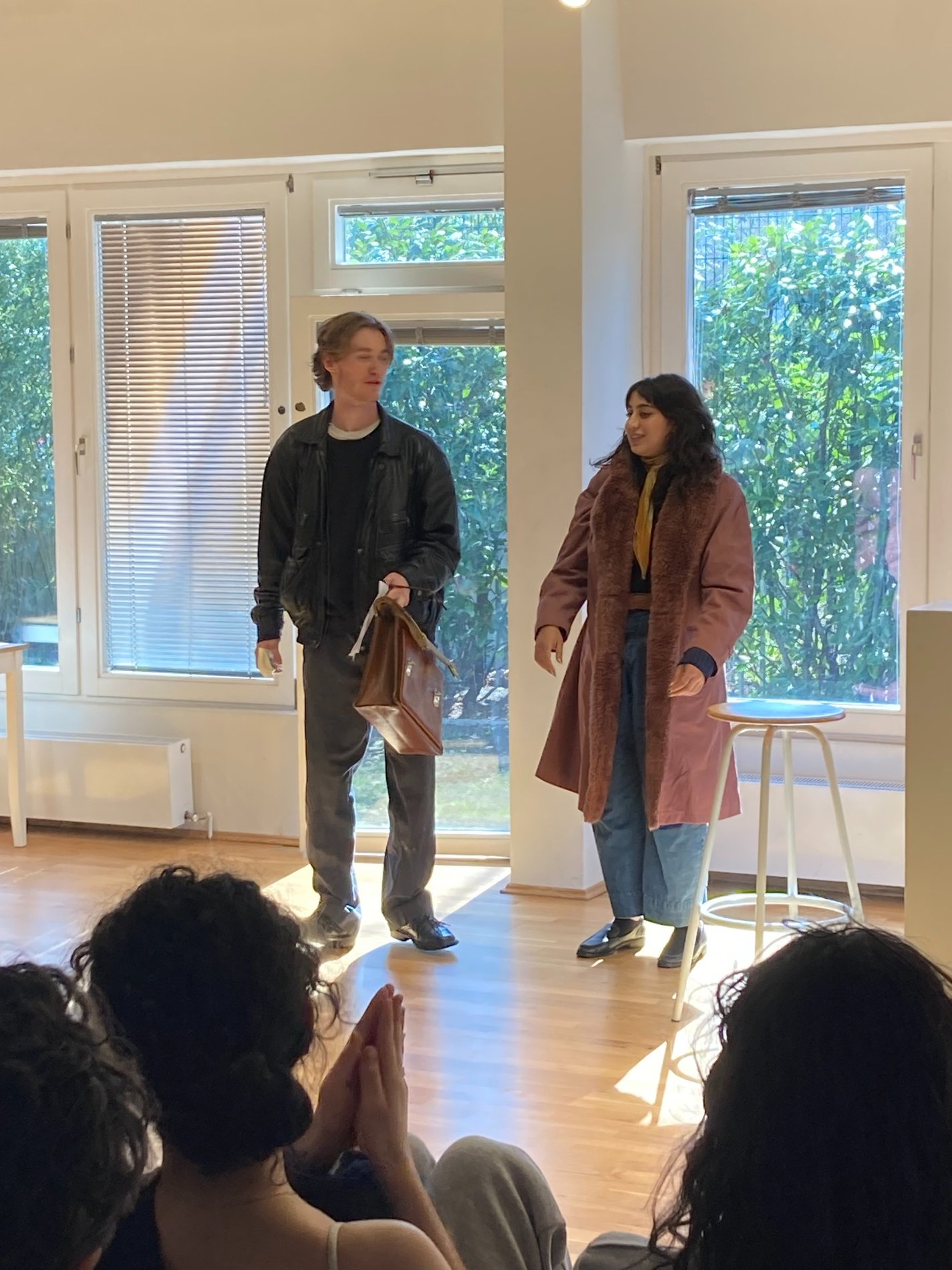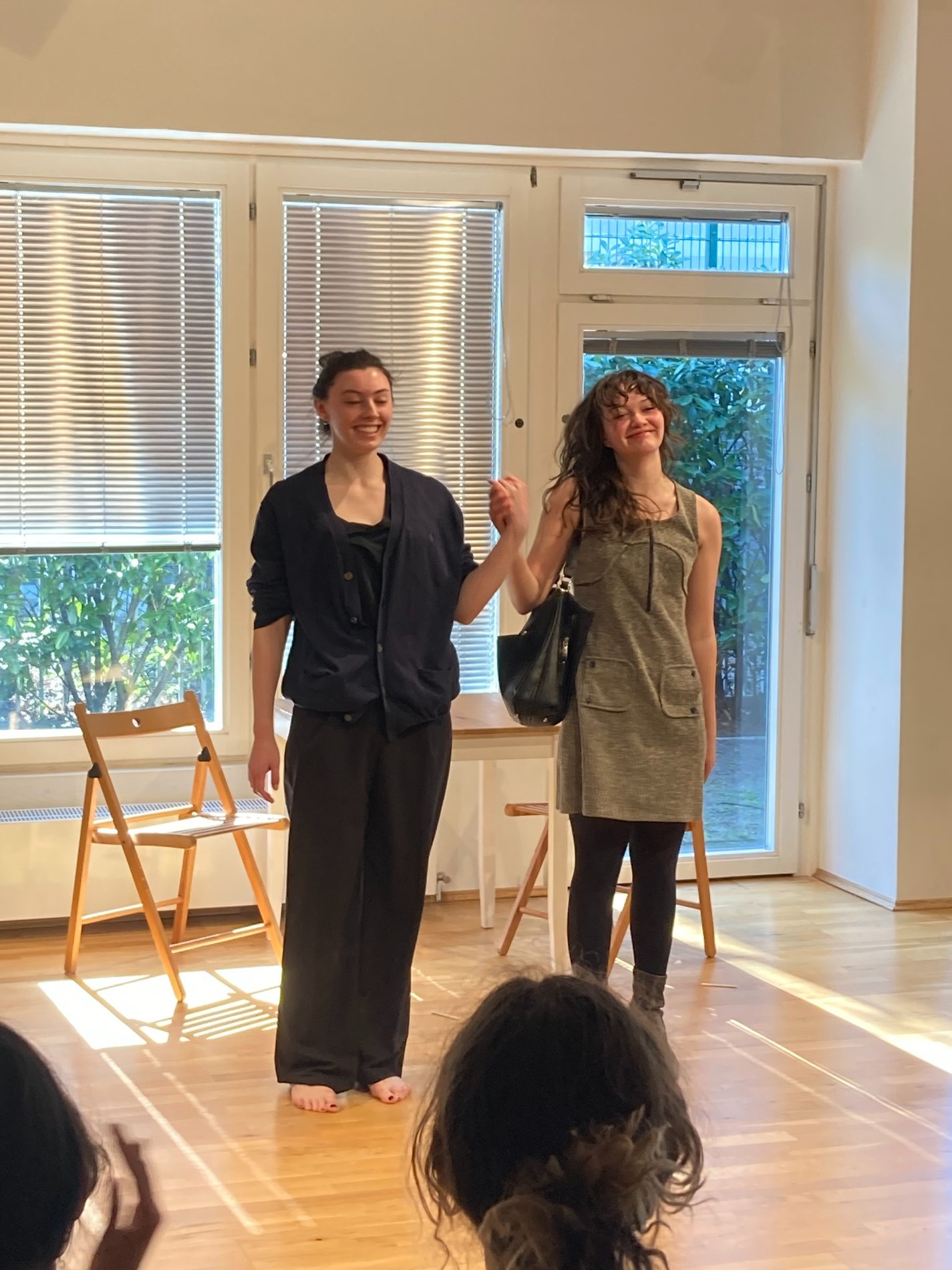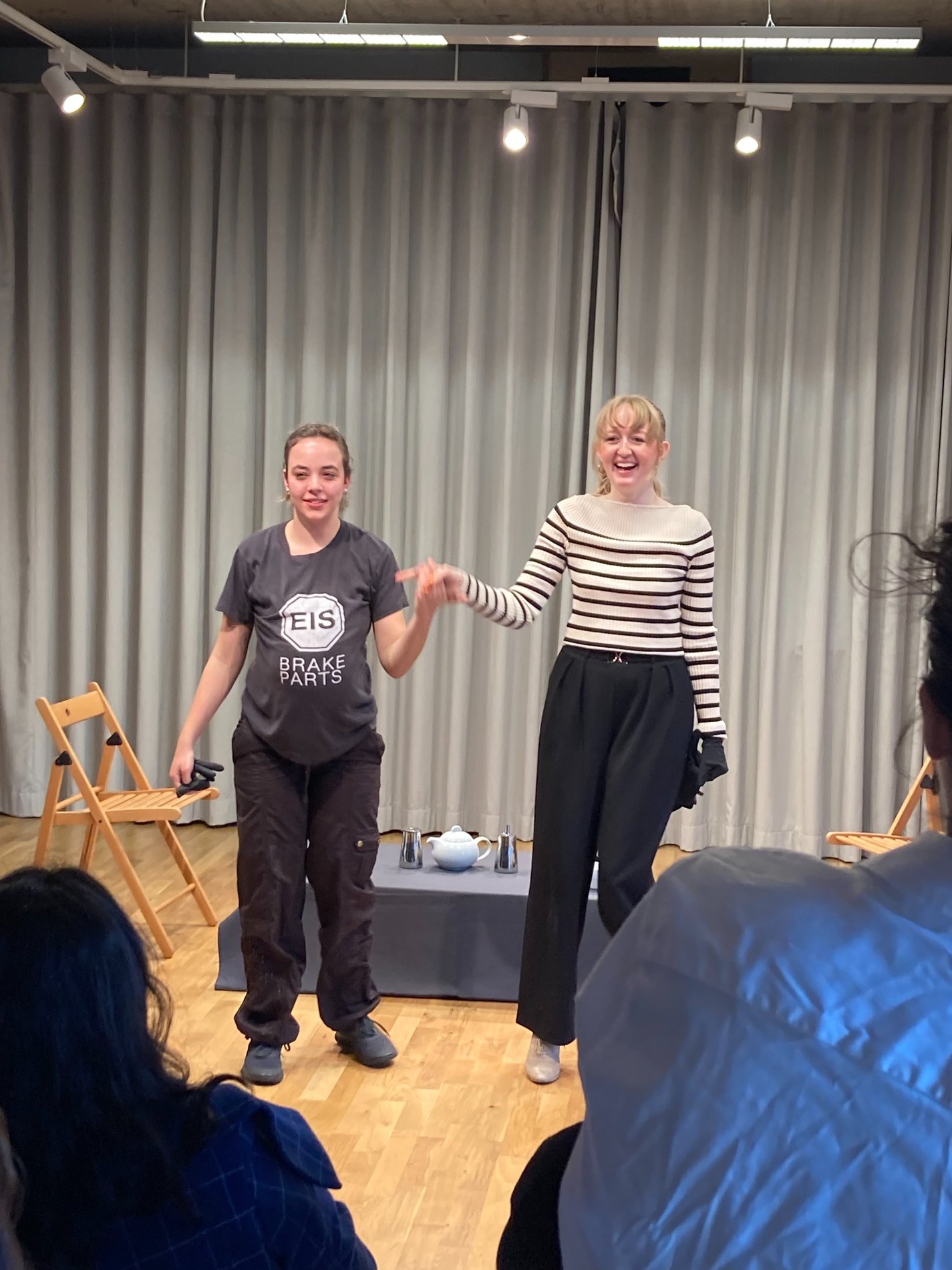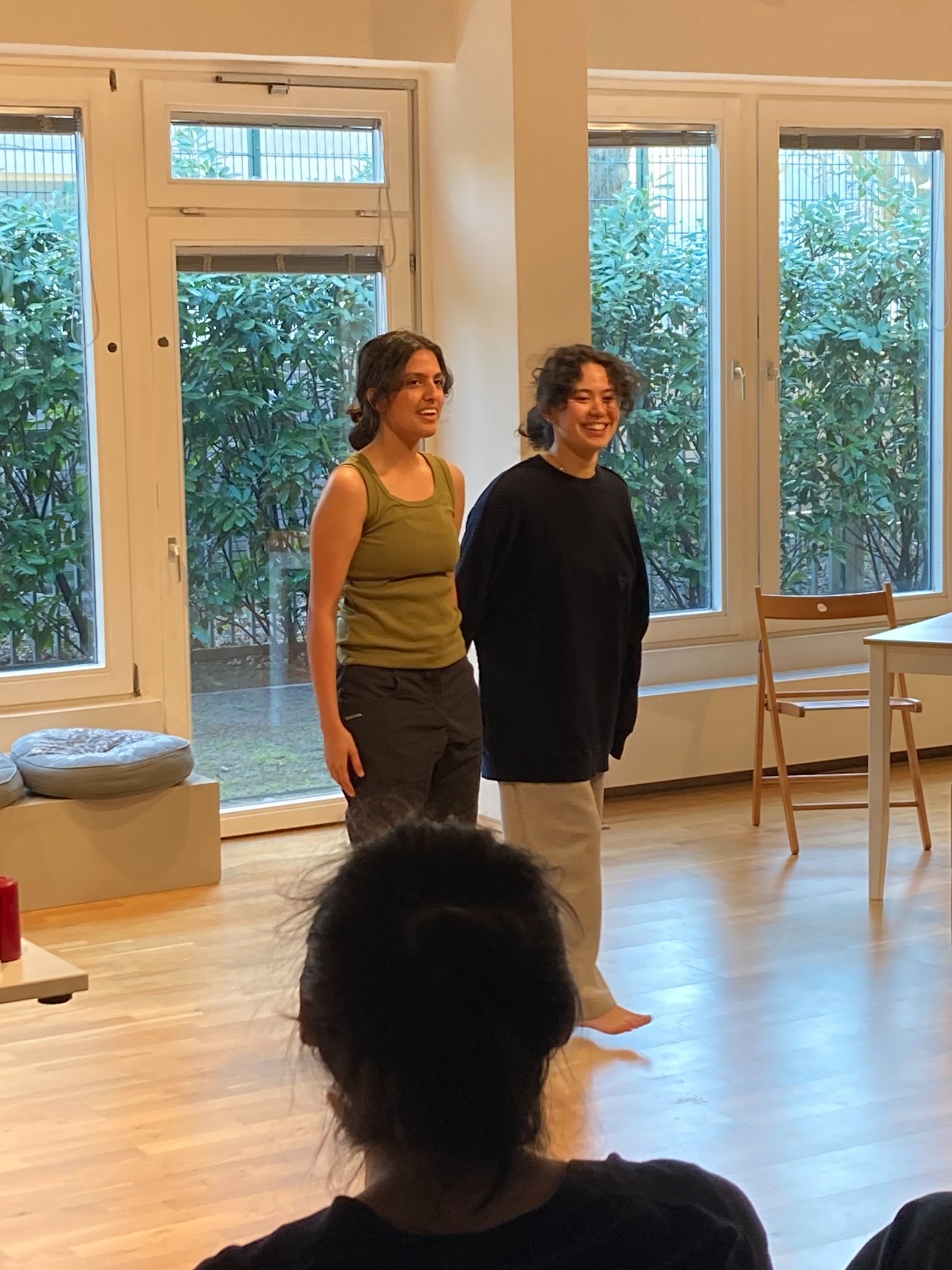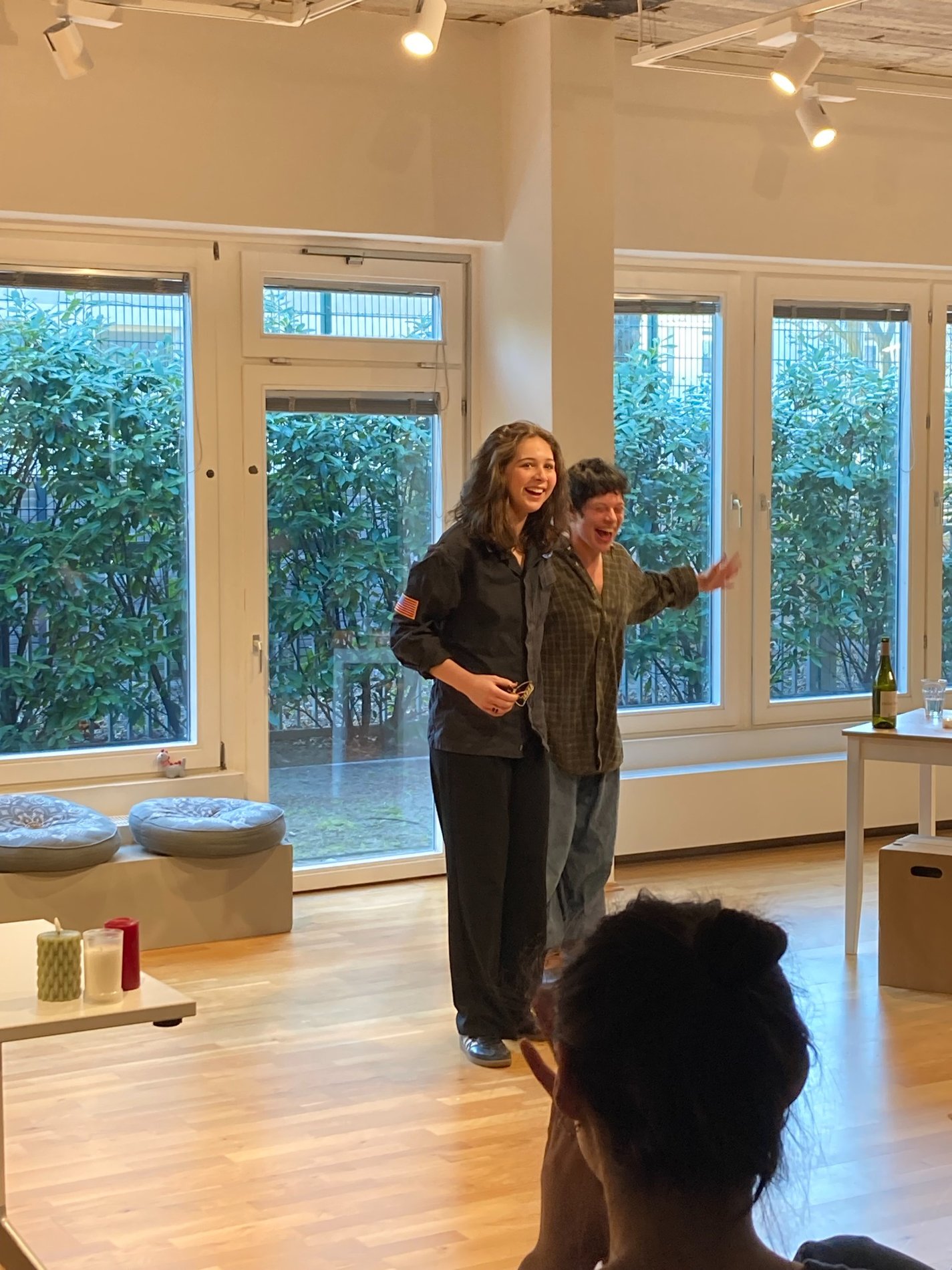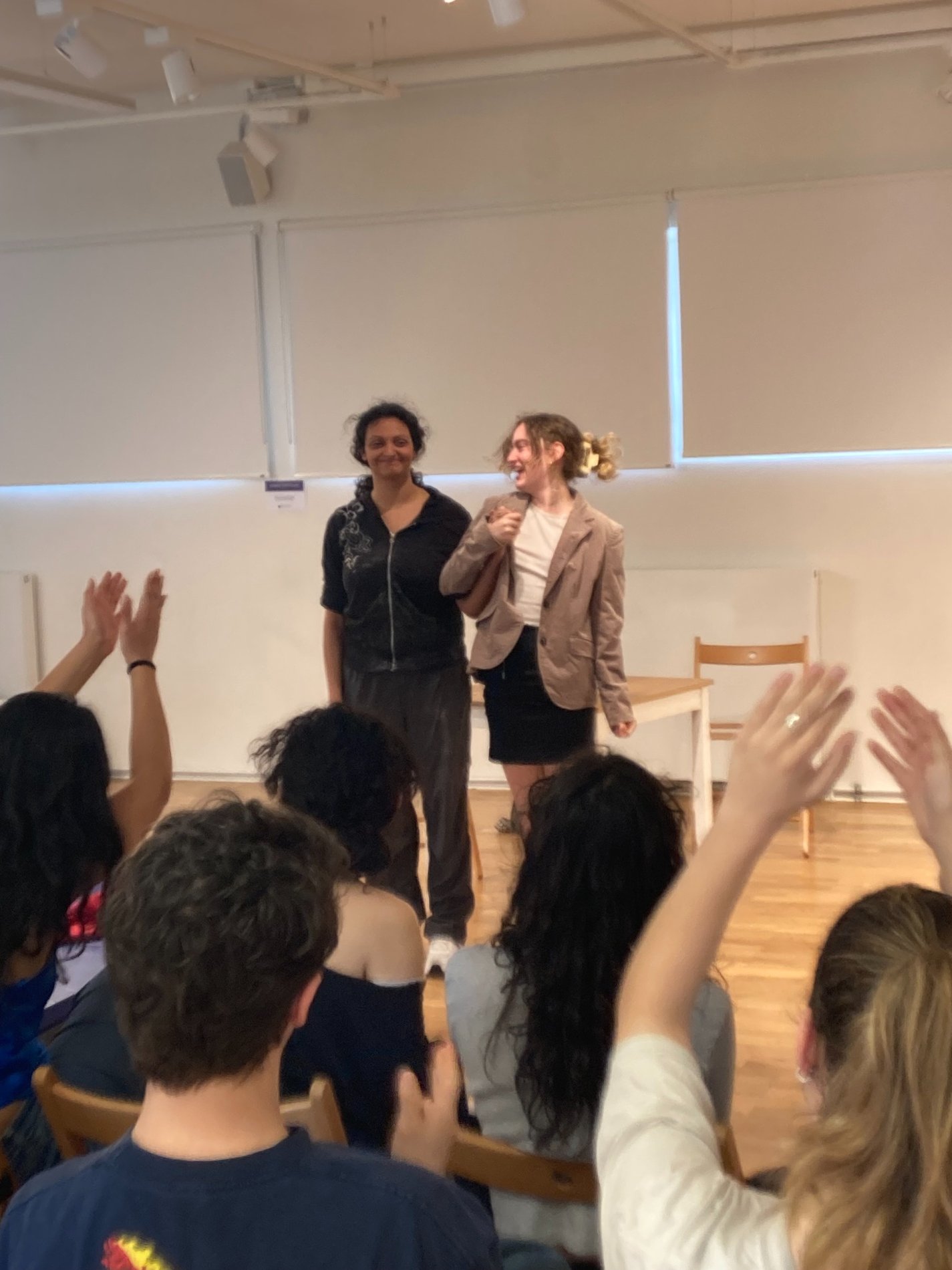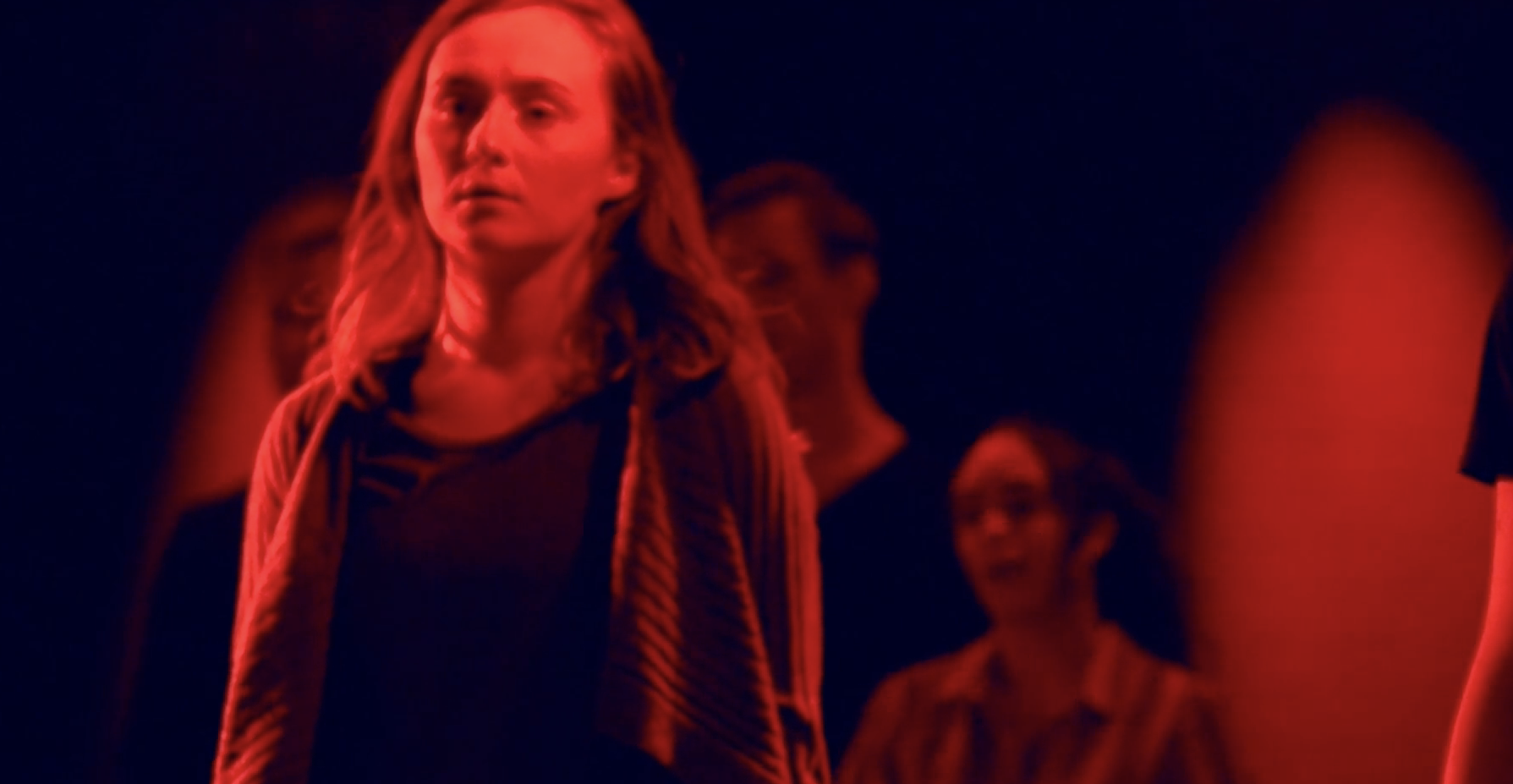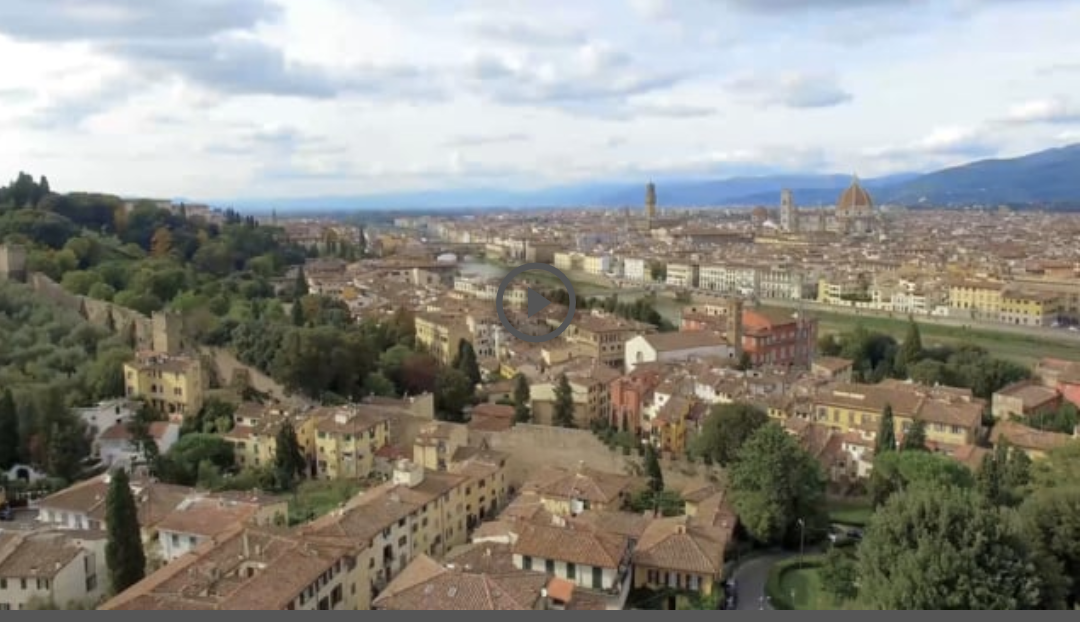Actor Training in Berlin (Core)
THEA-UT 9455 | 8 units
The curriculum will focus on the study and practical application of aspects of German theatre that have made and continue to make a significant contribution to international theatre practice. It includes the integration of the Russian based Stanislavski Method of Physical Actions and Active Analysis with Brecht’s Epic Theater, Advanced Realistic scene study, classes in video performance with the company Gob Squad, Brecht scene study, Devised theatre, Post Dramatic Theatre, movement, voice and rigorous actor-oriented Dramaturgical research. Students will study the history of 20th Century German Dramatic Literature, Dramatic Theory and Theatrical practice, German language, attend productions in several major theatres and take field trips to other cities in Germany. The program will culminate with workshop performances of several original devised theatre pieces based on short plays (Lehrstucke) by Brecht.
Students will also attend performances in the FIND Festival, a two-week theatre festival hosted by the Berlin Schaubuhne, for many years the premier theatre in Germany. Designed to foster international artistic exchange this festival brings together a select group of international theatre students for ten days. They attend several contemporary professional productions, meet with the directors and participate in a series of master classes led by an international team of major teaching artists including Mr. Ostermeier.
The overall goal of the program is to enable students to create and perform realistic and devised theater that balances full physical and emotional embodiment with critical distance and actively interfaces the dramatic story and the theatrical context. This integrated approach aims to strengthen and deepen their presence on stage and their ability to create performances that are intellectually informed, viscerally exciting, and theatrically courageous.
